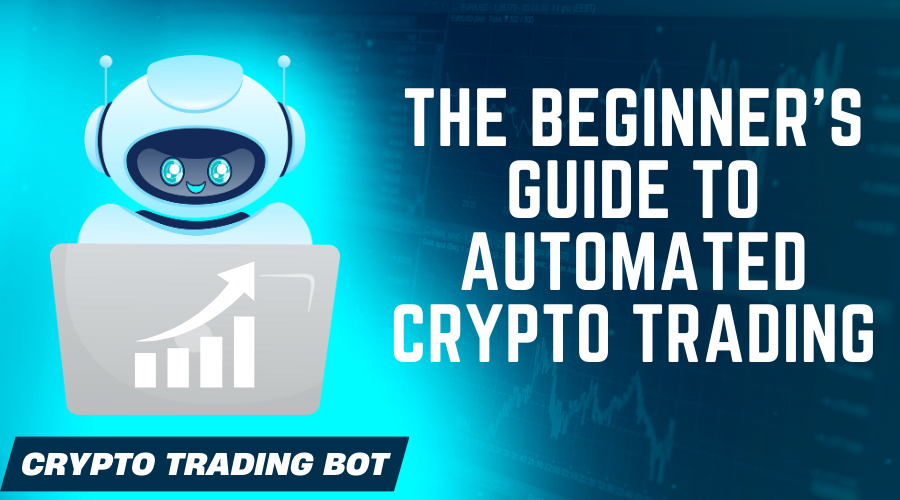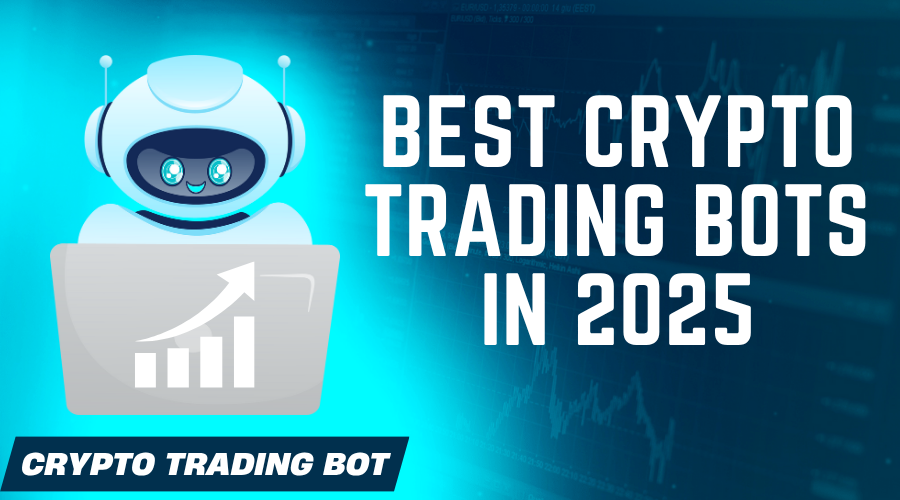
Top Affiliate Mistakes to Avoid in Crypto Promotions
Introduction
The world of crypto affiliate marketing is booming. Affiliate commissions are high, audiences are very eager, and the pace of the industry is electrifying.. Yet, as lucrative as promoting crypto offers can be, it’s also one of the trickiest affiliate niches out there.
Newcomers and even seasoned affiliates often stumble into costly mistakes — mistakes that can get your content banned, your commissions clawed back, or worse, your reputation wrecked.
In this comprehensive guide, we’ll explore the top mistakes crypto affiliates make and, crucially, how to avoid them. Whether you’re promoting exchanges, wallets, DeFi platforms, NFTs, or other crypto services, knowing these pitfalls could save you thousands of dollars and years of frustration.
Let’s dive in.
Mistake #1 — Not Understanding Crypto Regulations
Why It Happens:
Crypto is a global industry, but laws are highly local. An offer might be legal in one country but strictly forbidden in another. Many affiliates assume that “the internet has no borders,” and promote crypto services without checking regional laws.
The Problem:
-
Promoting banned platforms in restricted jurisdictions
-
Using financial claims that violate advertising laws
-
Risk of fines or legal action
-
Possible banning of accounts by affiliate networks or platforms
How to Avoid It:
✅ Research local laws before launching campaigns. For instance, promoting leveraged crypto trading in the U.S. is highly restricted.
✅ Read the affiliate program terms carefully. Many crypto affiliate programs explicitly list banned countries or required disclaimers.
✅ When in doubt, ask your affiliate manager about geo-restrictions and compliance rules.
✅ Avoid absolute claims like “guaranteed profits.” Use disclaimers where necessary.
Mistake #2 — Focusing on Hype Over Education
Why It Happens:
Crypto attracts people looking for quick riches. Affiliates often capitalize on hype with flashy headlines:
-
“Turn $100 into $10,000 overnight!”
-
“The next Bitcoin is here — get in NOW!”
While these can generate clicks, they often deliver low-quality traffic that doesn’t convert or leads to chargebacks and complaints.
The Problem:
-
Traffic bounces because content lacks substance
-
Poor user trust
-
Lower EPCs (Earnings Per Click)
-
Higher scrutiny from regulators and platforms
How to Avoid It:
✅ Focus on education and transparency.
-
Instead of just promoting a platform, explain:
-
How it works
-
Its pros and cons
-
Security measures
-
Fees
-
User experiences
-
✅ Share balanced, factual reviews. Readers are smart and can detect hype.
✅ Build trust through video content, long-form guides, or step-by-step tutorials.
✅ Answer real user questions (e.g., “Is XYZ Exchange safe?”).
High-value educational content leads to better rankings, higher conversions, and stronger long-term affiliate income.
Mistake #3 — Neglecting SEO
Why It Happens:
Crypto moves fast, and many affiliates focus on quick wins through paid traffic, Telegram shilling, or social media promotions.
They ignore SEO because:
-
It takes longer to rank
-
It requires ongoing content effort
-
Crypto keywords can be ultra-competitive
The Problem:
-
Missing out on free, evergreen traffic
-
Overpaying for paid clicks
-
Less brand authority
How to Avoid It:
✅ Target long-tail keywords.
-
Instead of “best crypto exchange,” go for:
-
“best crypto exchange for beginners 2025”
-
“how to deposit USDT on XYZ Exchange”
-
“XYZ Exchange withdrawal fees”
-
✅ Regularly update content. Crypto changes quickly—update fees, regulatory changes, and platform features.
✅ Use tools like:
-
Ahrefs
-
SEMrush
-
Google Search Console
-
SurferSEO
✅ Optimize for E-E-A-T (Experience, Expertise, Authoritativeness, Trustworthiness), especially since crypto is considered a “Your Money or Your Life” (YMYL) niche.
Mistake #4 — Promoting Low-Quality or Scam Projects
Why It Happens:
Crypto is full of high commissions. Many shady projects offer 50% or even 80% rev-share. Affiliates can be tempted to chase quick commissions without researching the product.
The Problem:
-
Audience loses money
-
Damage to your reputation
-
Potential legal liability
-
Affiliates get banned from reputable networks
How to Avoid It:
✅ Always research the project:
-
Check the team behind it
-
Look for credible reviews
-
Verify licenses and regulatory status
✅ Ask yourself:
-
Is this product sustainable?
-
Does it solve a real problem?
✅ Avoid promoting platforms with:
-
Poor liquidity
-
Anonymous teams
-
Ponzi-like returns (“3% daily forever!”)
Remember, your reputation is your biggest asset in affiliate marketing.
Mistake #5 — Using Copyrighted Brand Names Recklessly
Why It Happens:
Many affiliates try to rank quickly for brand-related terms, e.g.:
-
“Binance review”
-
“Coinbase bonus”
-
“How to sign up for Kraken”
While brand keywords can be highly lucrative, using them carelessly can lead to legal trouble or account bans.
The Problem:
-
Violation of trademark policies
-
Search engines may deindex your pages
-
Affiliate programs may terminate your account
How to Avoid It:
✅ Read the affiliate program’s branding guidelines. Many allow brand bidding for SEO but not for PPC.
✅ Avoid misleading domain names like:
-
binancebonus.com
-
officialkrakenreviews.com
✅ Use disclaimers like:
“XYZ is a registered trademark of [Brand]. This site is not affiliated with or endorsed by XYZ.”
✅ Focus on comparative content:
-
“Binance vs. Kraken: Which is better in 2025?”
-
“Best alternatives to Coinbase”
Mistake #6 — Ignoring Mobile Optimization
Why It Happens:
Many affiliates design beautiful desktop websites, forgetting that much crypto traffic comes from mobile devices.
The Problem:
-
High bounce rates
-
Low conversions
-
Poor rankings on Google (mobile-first indexing)
How to Avoid It:
✅ Test your website on:
-
Android and iOS devices
-
Different browsers
✅ Ensure fast load times:
-
Compress images
-
Minify CSS/JS
✅ Make CTAs mobile-friendly. Buttons should be large enough to tap.
✅ Use mobile-friendly tables for comparison charts.
Mistake #7 — Not Tracking Conversions Properly
Why It Happens:
Crypto affiliate programs often provide links and let you “figure it out.” Affiliates sometimes rely only on network stats without cross-verifying data.
The Problem:
-
You don’t know what’s working
-
Wasted ad spend
-
Inability to scale
How to Avoid It:
✅ Use tracking tools:
-
Voluum
-
RedTrack
-
Bemob
✅ Add UTM parameters to links for organic traffic tracking.
✅ Split-test:
-
Headlines
-
Landing pages
-
Call-to-action buttons
✅ Compare affiliate reports to your own analytics to detect discrepancies.
Mistake #8 — Poor Relationship with Affiliate Managers
Why It Happens:
Some affiliates operate solo and avoid communicating with affiliate managers. Or worse, they treat managers like gatekeepers rather than allies.
The Problem:
-
Missing out on:
-
Higher payouts
-
Exclusive offers
-
Early news on promotions
-
-
Slow support if issues arise
How to Avoid It:
✅ Be proactive. Introduce yourself, share your traffic strategy, and ask for tips.
✅ Build a friendly relationship:
-
Attend industry events
-
Connect on LinkedIn
-
Send occasional updates on your campaigns
✅ Good managers can:
-
Provide custom creatives
-
Help you negotiate better terms
-
Warn you about upcoming changes
Mistake #9 — Relying on a Single Traffic Source
Why It Happens:
Crypto affiliates often find success on one channel—YouTube, SEO, Twitter, or paid ads—and stick to it.
The Problem:
-
Platform bans can wipe out income overnight
-
Sudden algorithm changes
-
Cost per click may rise
How to Avoid It:
✅ Diversify your traffic:
-
SEO
-
YouTube
-
Telegram
-
Twitter/X
-
TikTok
-
Email newsletters
✅ Build an email list. It’s one of the few channels you fully control.
✅ Monitor trends so you’re ready to pivot.
Mistake #10 — Failing to Disclose Affiliate Relationships
Why It Happens:
Some affiliates fear disclosures will scare users away. But crypto is a regulated space, and lack of transparency can land you in legal hot water.
The Problem:
-
Violation of FTC or local disclosure laws
-
Platforms like Google and YouTube penalizing non-compliant content
-
Loss of user trust
How to Avoid It:
✅ Use clear disclaimers:
“Disclosure: Some links in this article are affiliate links. We may earn a commission if you use these links, at no extra cost to you.”
✅ Put disclaimers at the top and bottom of your content.
✅ Don’t hide disclosures in tiny text.
Being transparent actually builds trust and credibility.
Final Thoughts
Crypto affiliate marketing can be life-changing. The commissions are often higher than in any other vertical, and the niche continues to explode with innovation—from DeFi to NFTs, trading bots, and blockchain gaming.
But success isn’t just about getting clicks. It’s about:
-
Staying compliant
-
Promoting ethical offers
-
Building real trust with your audience
Avoid the mistakes outlined in this guide, and you’ll be far ahead of the average crypto affiliate struggling to survive in this competitive space.
Your affiliate journey should be sustainable, profitable, and ethical. That’s the winning combo in the crypto world.
If you’re serious about earning in the crypto space and want to partner with a reputable platform offering generous recurring commissions, check out the Elite Trading Bot Affiliate Program, where you can promote advanced trading solutions and earn up to 35% recurring revenue share while avoiding many of the pitfalls covered in this guide.




